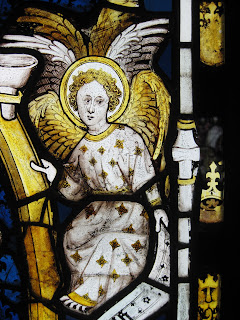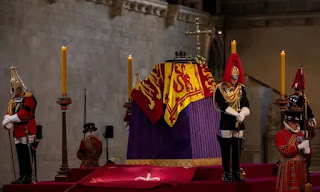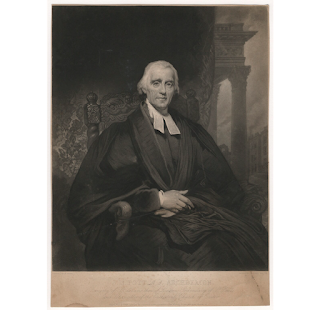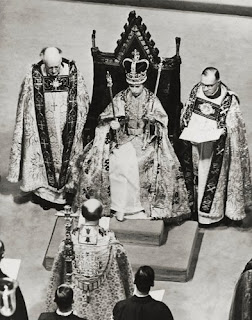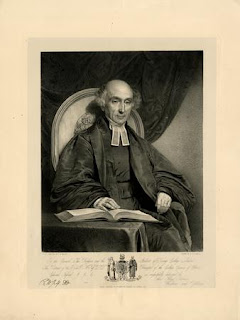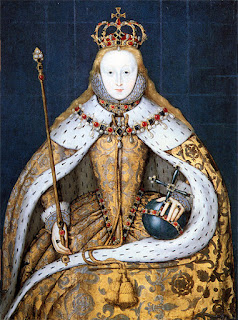"All such as be studious of peace": Casaubon and the eirenic, generous orthodoxy of King James I
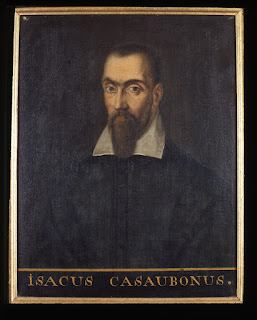
In another example of the eirenic, generous orthodoxy urged by James VI/I, Casaubon in his Answer to Cardinal Perron (1612) invoked a liberty on "things not necessary" as a means of promoting peace between national churches on opposing sides of the Reformation divide. Here again James and Casaubon both look back to Hooker, with his insistence that there can be unity and communion between national churches upholding different ceremonies, for the Church catholic can have "without offence or breach of concord her manifold varieties in rites and ceremonies of religion" ( LEP V.68.6). Similarly, James and Casaubon also anticipate the Laudian vision - shared with Grotius - of a Union of Churches of the Northern Kingdoms , including the Gallican church . Wherefore his Maiestie thinketh that there is no more compendious way to the making of peace, then that things necessarie should be diligently separated from things not necessarie: that all endeauours might be spent a...
